In a bold and unconventional move, a prominent Xbox producer has extended a unique form of support to developers affected by the recent wave of industry layoffs—offering the use of AI tools as a means to regain emotional clarity and professional confidence.
As game studios continue to downsize in the face of economic pressure and shifting business models, thousands of talented developers have found themselves navigating a difficult and uncertain landscape. In this context, the Xbox executive’s proposal to use AI as a personal development aid has sparked a mixture of curiosity, hope, and debate across the gaming community.
The idea is centered around using generative AI tools—not for game development itself, but for introspection, communication, and rebuilding self-worth. These tools can assist individuals in expressing complex emotions, organizing their thoughts, and even preparing for job interviews or portfolio presentations with a renewed sense of clarity. The producer emphasized that emotional resilience and mental clarity are crucial during this turbulent time, and AI may offer an unexpected yet effective way to support that journey.
According to the producer, many developers struggle not just with employment, but with self-doubt and creative burnout after being laid off. The suggestion is that AI can act as a nonjudgmental sounding board, helping people articulate their goals, reflect on their skills, and visualize a path forward. Whether it’s rewriting resumes, crafting personalized cover letters, or scripting self-reflective journal entries, AI could serve as a versatile tool for emotional and professional recovery.
Reactions to the suggestion have been mixed. Some see it as a forward-thinking and empathetic gesture, recognizing how technology can help navigate personal challenges. Others have raised concerns, arguing that AI cannot replace genuine human support and that systemic issues in the industry need more direct action, such as fair compensation, unionization, and job security.
Still, the message resonates with a growing number of creatives who are beginning to explore how AI can be used for more than just productivity. It raises a broader question about the future of the gaming workforce—how technology might be used not only to build virtual worlds, but to help people find strength within themselves.
In a time when morale is low and uncertainty is high, the idea of using AI to support emotional clarity might not be a cure-all, but it represents a new way of thinking about resilience and recovery in the evolving world of game development.



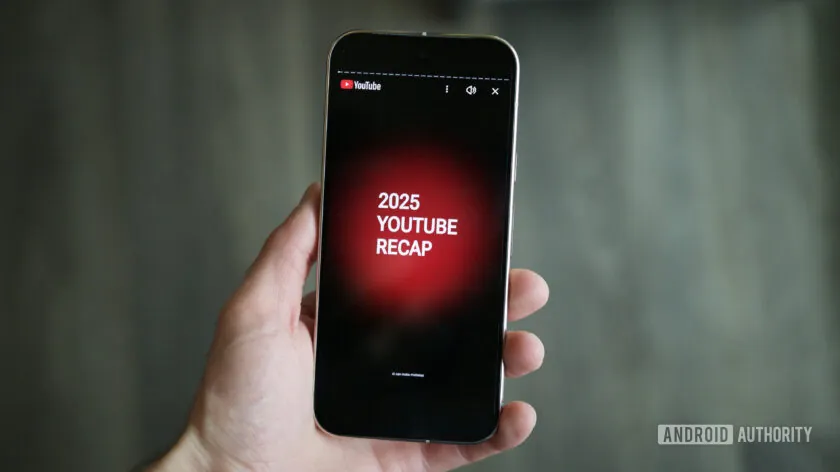

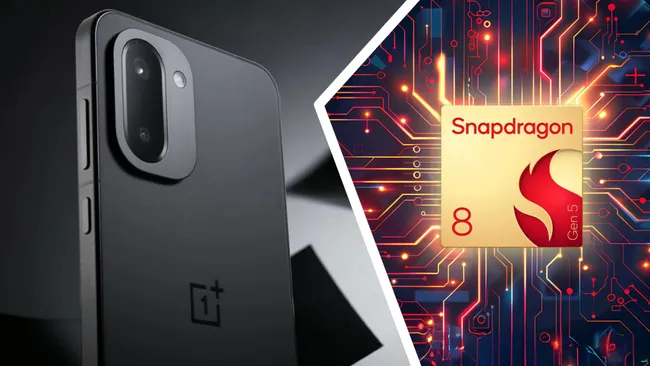

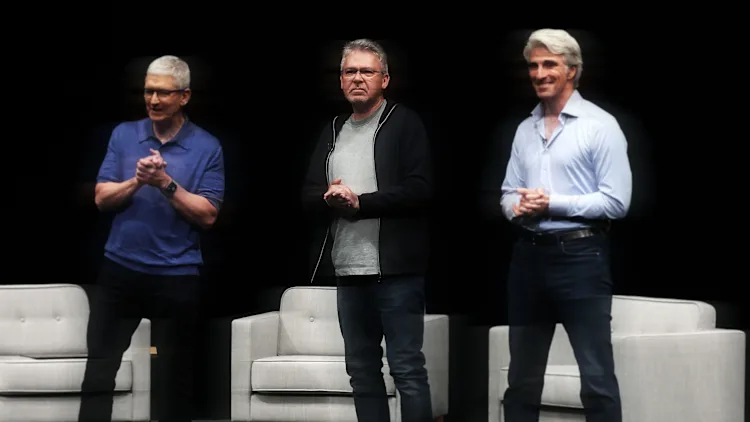
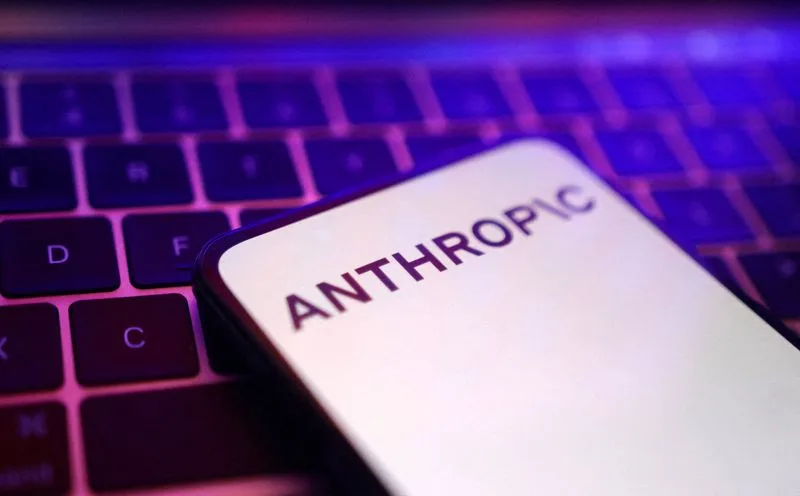
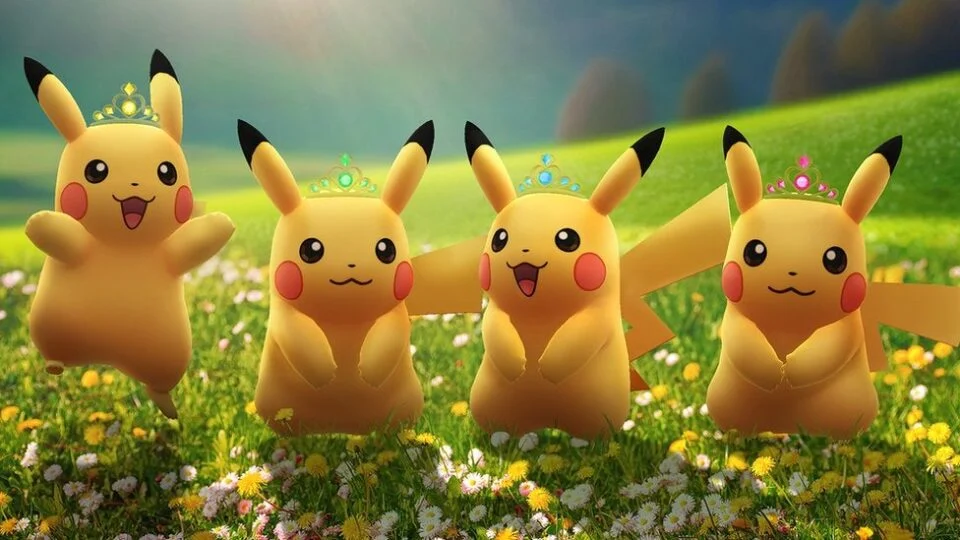
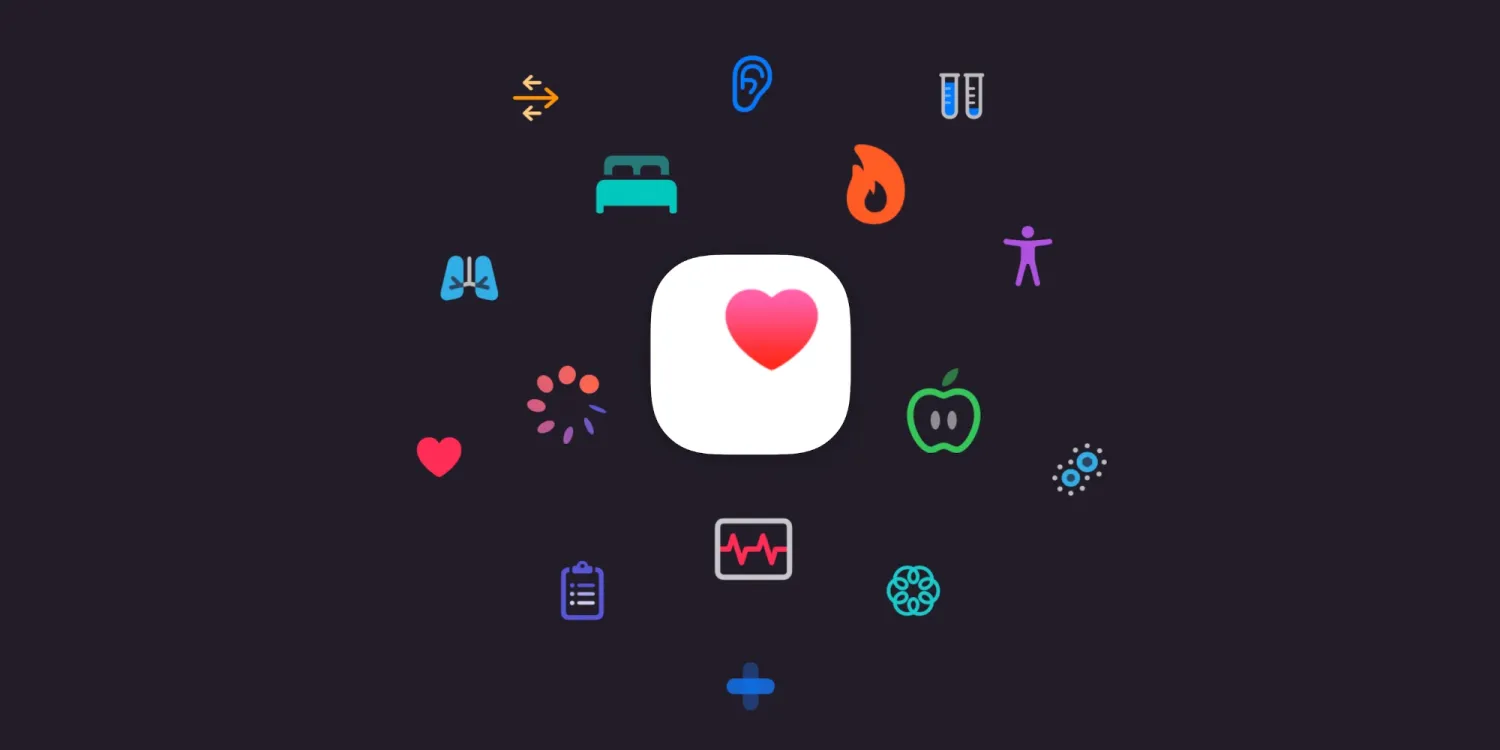



Leave a Reply